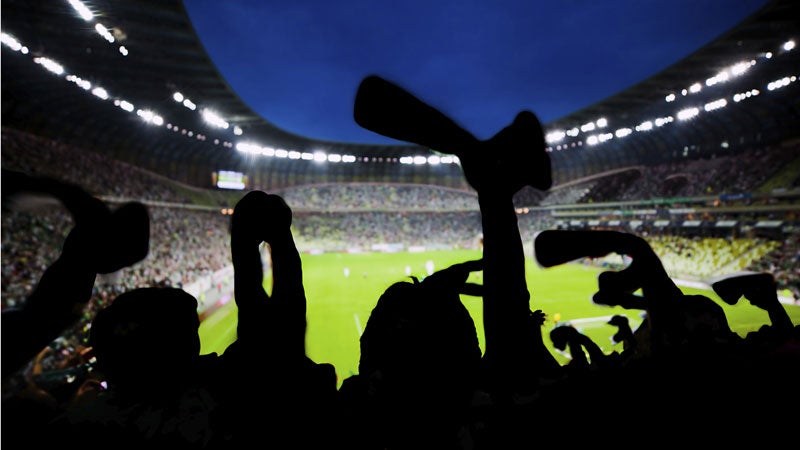Turns out that Olympic host cities such as Sochi could be bidding for more than national pride and distinction. That’s because scientists have confirmed the benefits of home field advantage, according to , a journal of the Association for Psychological Science.
The article, authored by two British psychological scientists, investigates two possible models of home field advantage: the standard model and the territoriality model.
The standard model observes factors influencing the attitudes of competitors, coaches, and officials that could shift the advantage toward home athletes. One familiar example is crowd noise. When crowds cheer for a team, officials are more likely to make discretionary decisions (such as awarding extra time) in favor of the home team. They’re also more prone to punish the visitors harshly.
The standard model also applies regardless of spectators, because teams often suffer travel fatigue. Home team advantage increases 20 percent for every time zone a visiting team has to cross.
On the other hand, the territoriality model involves the players’ primal instinct to defend their homes. Soccer players who were studied showed higher testosterone levels when playing at home.
On the other hand, playing on the home field has a major drawback: As athletes consider pleasing their fans in high-stakes situations, they sometimes modify typically second-nature movements and lose focus, resulting in diminished performance.
Sorry, Broncos fans, don’t blame Sunday’s loss on this news—Super Bowl XLVIII was played at a neutral site.


